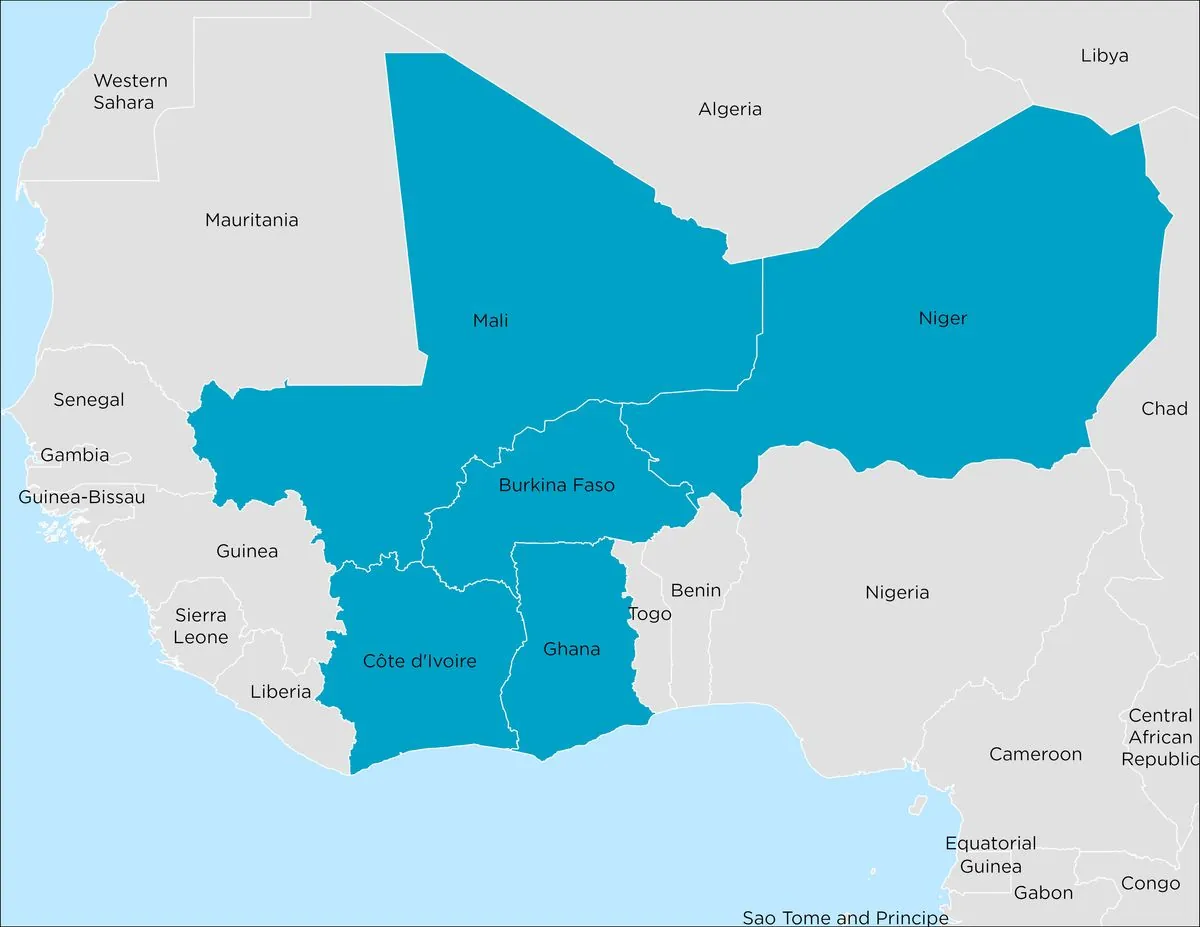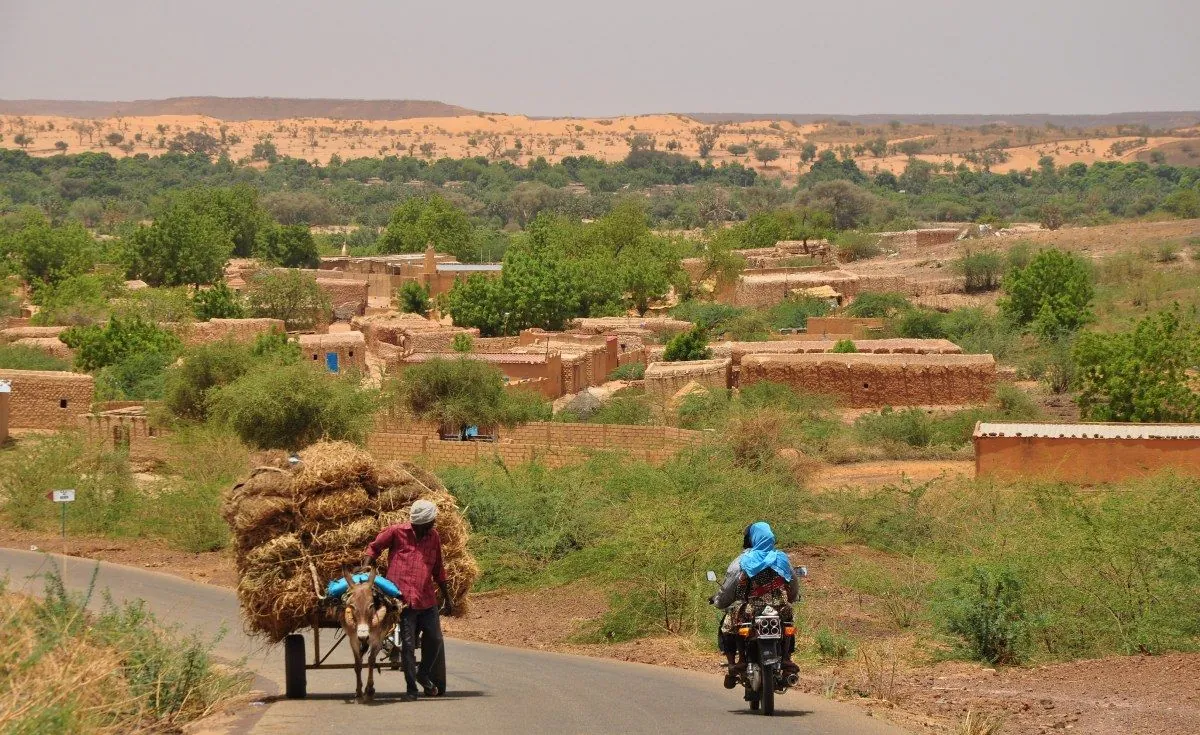Russian Geologists Held Hostage in Niger: Moscow Seeks Release
Two geologists working for a Russian company were kidnapped in Niger by an Al-Qaeda affiliate. Russia is working with local authorities to secure their release amidst growing ties with the Sahel region.

In a recent development highlighting the ongoing security challenges in the Sahel region, Russia has confirmed that two geologists employed by a Russian company were taken hostage in western Niger last month. The incident, which occurred on July 18, 2024, has prompted Moscow to engage in diplomatic efforts to secure their release.
The Russian Foreign Ministry reported that the hostages, identified as Oleg Gret, a Russian citizen, and Yuri Yurov, a Ukrainian national, were among four individuals kidnapped during an attack that also resulted in the deaths of several Nigerien soldiers. The kidnapping took place in the Tillaberi region, an area known for its insurgency issues and increasing desertification due to climate change.
Jama'a Nusrat ul-Islam wa al-Muslimin (JNIM), an Al-Qaeda affiliate active in the Sahel, claimed responsibility for the abduction. The group released a video in early August 2024 showing the two captives, though the exact date and location of the filming remain unclear. Notably, the video did not include any ransom demands.

In response to the situation, Russia has sent an official request to Niger's authorities and its Malian partners for assistance. The Russian Foreign Ministry stated, "We intend to continue our efforts to free the hostages," emphasizing their commitment to growing cooperation with Sahel states despite the region's insecurity.
This incident occurs against the backdrop of shifting geopolitical alliances in the Sahel. Since a military coup in Niger approximately one year ago, the country's junta has distanced itself from Western allies, particularly France, the former colonial power. Instead, Niger has forged closer military and business ties with Russia, following a pattern similar to neighboring Mali and Burkina Faso.
The kidnapping highlights the complex security landscape in the Sahel, where various factors intersect:
- Insurgency and terrorism
- Climate change impacts
- Resource competition
- Geopolitical rivalries
Niger, with its significant uranium resources and one of the world's highest population growth rates, has become a focal point for international interests. The country's uranium mining sector, a crucial part of its economy, has attracted attention from various global actors.
As the situation unfolds, the international community watches closely. The involvement of groups like JNIM, which has ties to Al-Qaeda in the Islamic Maghreb (AQIM), underscores the persistent threat of terrorism in the region. Meanwhile, initiatives like the Sahel G5, a regional cooperation framework, continue to address these multifaceted security challenges.
The Russian Foreign Ministry's statement reaffirms Moscow's commitment to expanding its influence in Africa, particularly in countries that have experienced recent military coups. This approach, which often involves the controversial Wagner Group, a Russian private military company, has raised concerns among Western nations about the shifting balance of power in the region.
As efforts to secure the release of the hostages continue, the incident serves as a stark reminder of the ongoing instability in the Sahel and the complex interplay of local, regional, and global interests shaping its future.


































